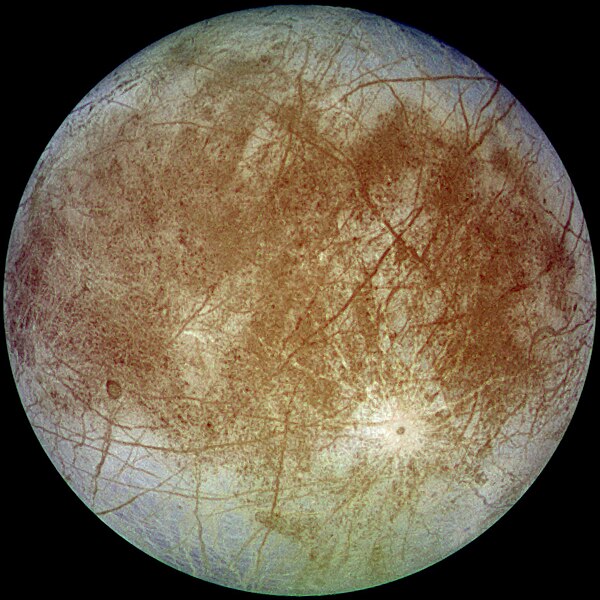 Last week, I got to visit the Kennedy Space Center at Cape Canaveral for the first time. It was amazing, inspiring, and the perfect day trip to take while visiting my parents in Florida.
Last week, I got to visit the Kennedy Space Center at Cape Canaveral for the first time. It was amazing, inspiring, and the perfect day trip to take while visiting my parents in Florida.For those not in the know, the novel that landed me my agent is a realistic space adventure that takes place in the not-too-distant future. The KSC was the perfect place to go to gain a better understanding of what a real space center layout might be like, what rockets and shuttles look like up-close, and what kind of equipment astronauts really use while up in space. I took loads of pictures, some of which you'll see in this blog post, but the majority of which you will not. (Trust me, you don't want to see them all. There are a lot.)
 Obviously I've done loads of research on my own before this trip, but there's something about seeing an actual space shuttle in person that no amount of youtube videos or NASA photos can prepare you for. It's just awe-inspiring. I teared up when I first saw Atlantis. The entire time I walked around it, I think my mouth continuously gaped--not just at its size, but at what it represented. It's one of the most beautiful things I've ever had the luck to be near.
Obviously I've done loads of research on my own before this trip, but there's something about seeing an actual space shuttle in person that no amount of youtube videos or NASA photos can prepare you for. It's just awe-inspiring. I teared up when I first saw Atlantis. The entire time I walked around it, I think my mouth continuously gaped--not just at its size, but at what it represented. It's one of the most beautiful things I've ever had the luck to be near. A lot of authors go on research trips to better understand their character's worlds. Unfortunately, when a good chunk of your novel takes place off-planet, that's kind of impossible for me. That's why this trip was so incredibly valuable. From shuttle airlocks to astronaut tool kits, I now have reference points for so much! It's unbelievably awesome, and it's going to flesh out my novel that much more.
A lot of authors go on research trips to better understand their character's worlds. Unfortunately, when a good chunk of your novel takes place off-planet, that's kind of impossible for me. That's why this trip was so incredibly valuable. From shuttle airlocks to astronaut tool kits, I now have reference points for so much! It's unbelievably awesome, and it's going to flesh out my novel that much more. On top of that just seeing cool stuff, I got to ride the "Launch Experience" simulator, which takes you through what it's really like to blast off. It's not just a gimmick, either. It teaches its riders first about each stage of the launch, and what things will feel like at every point along the way prior to actually participating in the simulation. Perfect! I made mental notes of every tilt, shake, and ear-crushing roar I experienced. I can't wait to incorporate them.
On top of that just seeing cool stuff, I got to ride the "Launch Experience" simulator, which takes you through what it's really like to blast off. It's not just a gimmick, either. It teaches its riders first about each stage of the launch, and what things will feel like at every point along the way prior to actually participating in the simulation. Perfect! I made mental notes of every tilt, shake, and ear-crushing roar I experienced. I can't wait to incorporate them.In addition, I got to sit in replicas of shuttle cockpits, mime out the movements of a real spacewalk, and went on a behind-the-scenes tour to see the entire base. The scale of operations was mindblowing, and has given me so much fodder for the layout of my novel's primary setting.
 |
| Atlas V rocket, waiting to launch another day. |
Regardless of the lack of launch, this research trip was oodles of fun and so, so informative. I spent the entire 3 hour plane ride back home scribbling notes and ideas of what to tweak in my novel to improve the realism, up the stakes, and make the journey my characters take even more exciting than what it already is.
If you've been bouncing around the idea of doing some in-person research for your novel, I can't recommend it enough. And if you've ever thought about visiting the Kennedy Space Center just for fun, do it! My dad and I had a wonderful day together and learned so much. Can't wait to visit again someday in the future!
 |
| Dad and I in front of the absolutely massive VAB (Vehicle Assembly Building). My novel needs one of these. |
